
Sponsored Videos

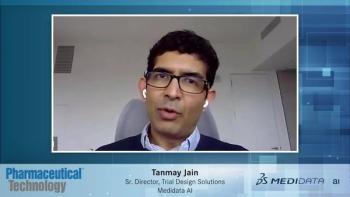
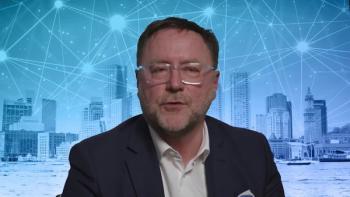
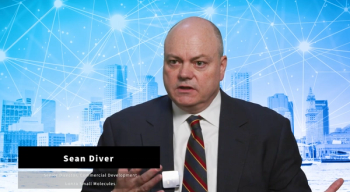
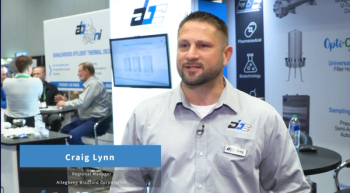
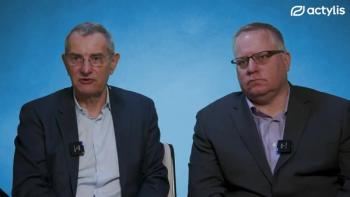

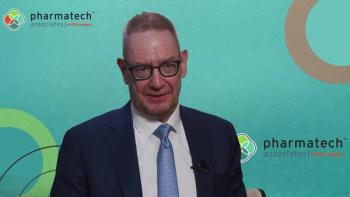
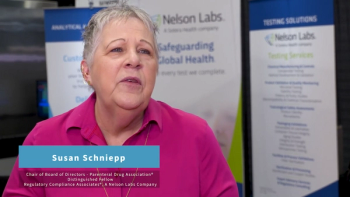
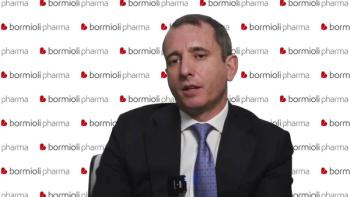
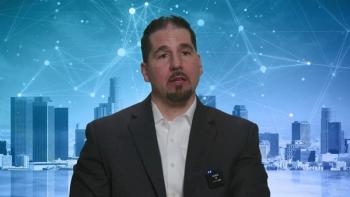
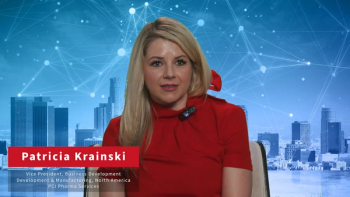

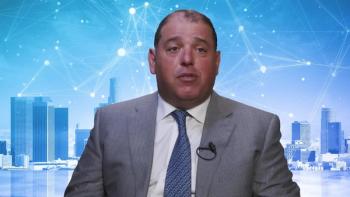
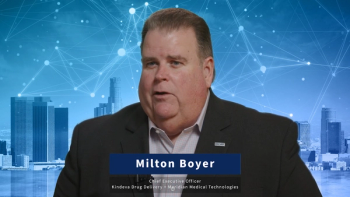
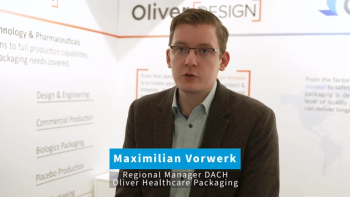
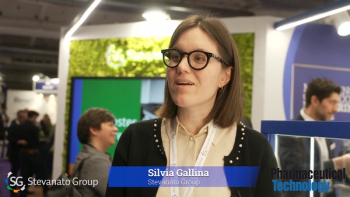
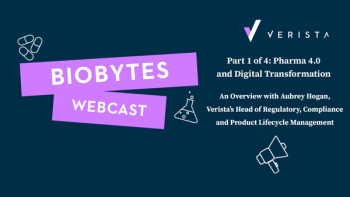
An Overview with Aubrey Hogan Verista’s Head of Regulatory Compliance and Product Lifecycle Management
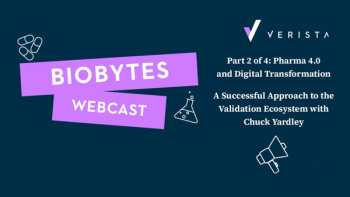
A Successful Approach to the Validation Ecosystem with Chuck Yardley
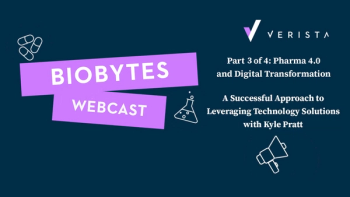
A Successful Approach to Leveraging Technology Solutions with Kyle Pratt
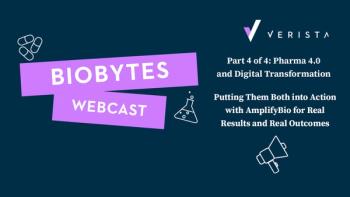
Putting Them Both into Action with AmplifyBio for Real Results and Real Outcomes
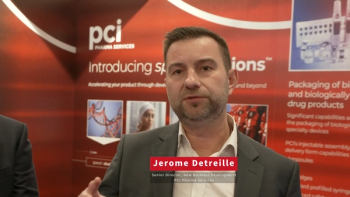
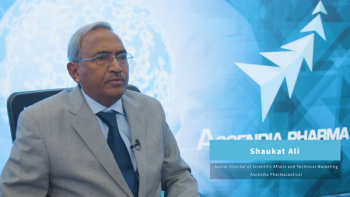
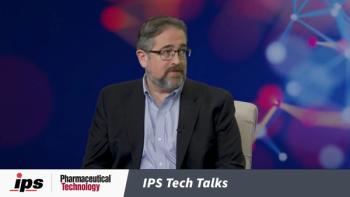
Whether you are considering a new facility build or a facility upgrade, IPS has expert teams using the latest technologies to bring you strategies that provide cost certainty, real-time updates, and successful construction project management.

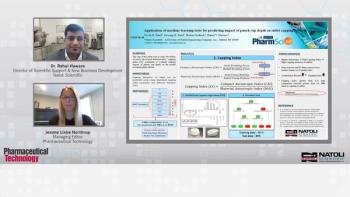
We have proposed a comprehensive capping index parameter which is a ratio of compact anisotropic index to material anisotropic index. This study will help to design or select right tooling for successful tablet manufacturing.
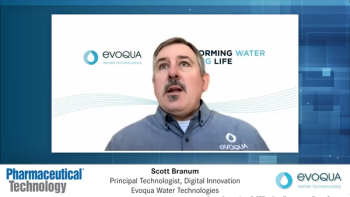
Learn how the application of artificial intelligence (AI) and proactive service helps resolve potential production problems before they occur. This ensures reliable water quality, maximizes uptime, and improves overall production costs.
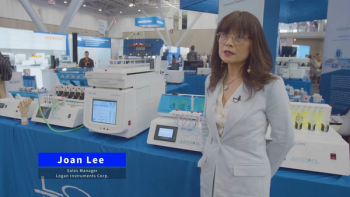
Logan Instruments discuses diffusion cell testing and what sets their company apart from other manufacturers.
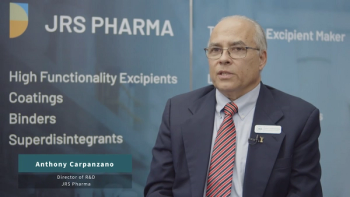
Anthony Carpanzano, Director of R&D at JRS Pharma, discussed ongoing formulation challenges and trends.

